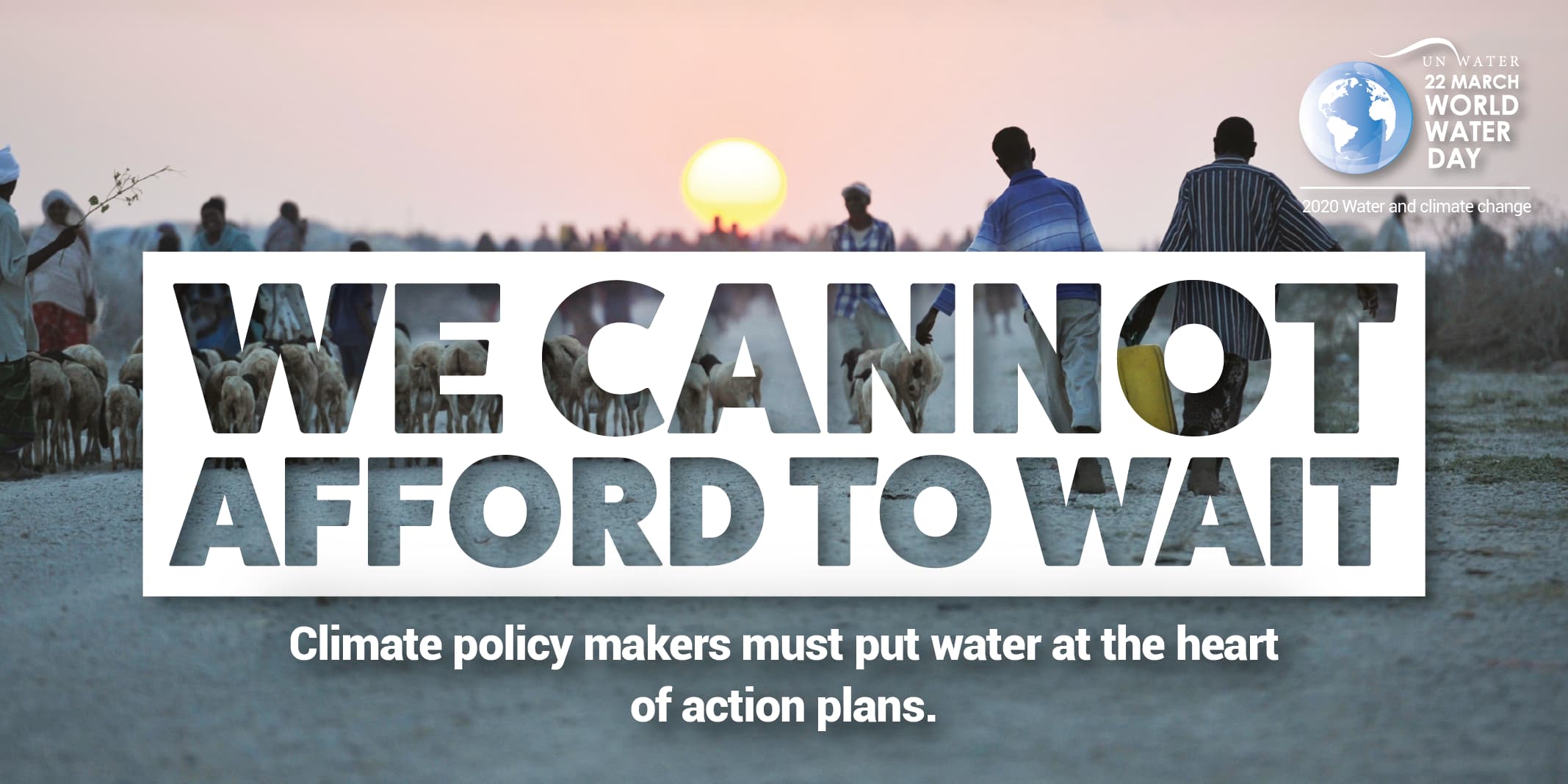World Water Day on March 22 was a good time to examine how we can accelerate progress in solving the water problems in the RCMRD member States and globally, including achieving United Nations Sustainable Development Goal 6, ensuring the availability and sustainable management of water and sanitation for all. World Water Day is held annually on 22 March as a means of focusing attention on the importance of freshwater and advocating for the sustainable management of freshwater resources. This day is an opportunity to learn more about water related issues, be inspired to tell others and take action to make a difference. Water is an essential building block of life. It is more than just essential to quench thirst or protect health; water is vital for creating jobs and supporting economic, social, and human development. A new World Water Development Report is released each year on or near World Water Day, to provide decision-makers with tools to formulate and implement sustainable water policies. This report is coordinated by UNESCO’s World Water Development Programme (WWAP) on behalf of UN-Water. The annual theme for World Water Day is aligned with the focus of the report.

World Water Day 2020 is about water and climate change… and human beings. Especially in these difficult times when the whole humanity is tackling the outbreak of Coronavirus, we realise the priceless value of the right to health and to other social and economic rights. We cannot have health without clean water. These are basic human rights, essential to survive, not only for humans but also for the whole planet Earth. Extreme weather conditions are making water more scarce, more unpredictable, more polluted. Water is our most precious resource – we must use it more efficiently and responsibly. We must balance all of society’s water needs while ensuring the poorest people are not left behind. We cannot afford to wait. As the global population grows, so does the demand for water, which depletes natural resources and damages the environment in many places. Using water more efficiently will reduce greenhouse gases. Solutions include protecting carbon sinks such as oceans and wetlands, adopting climate-smart agricultural techniques, and increasing the safe reuse of wastewater. Adapting to the water effects of climate change will protect health and save lives. World Water Day 2020, on 22 March, is about water and climate change – and how the two are inextricably linked. This theme aligns to that of the World Meteorological Day on March 23, 2020, that is, Climate and Water.
Adapting to the water effects of climate change will protect health and save lives. At the same time, using water more efficiently will reduce greenhouse gases. As the theme goes, we cannot afford to wait.Everyone has a role to play. Through the SERVIR Eastern and Southern Africa Project , RCMRD's task is to work with AST-2 from the University of Oklahoma to implement the Ensemble Framework for Flash Flood Forecasting (EF5) framework for flood monitoring in pilot basins in Kenya and Uganda. The main objective of the service is to equip the key stakeholders with the skills and capacity to use geospatial data and products developed from the hydrological models in addressing issues on water availability and flood management. The SERVIR project is also providing capacity for monitoring inland lakes water quality using earth observation data and building the capacity of institutions to use earth observation data for water quality monitoring and land use changes at operational level. Under the the Global Monitoring for Environment and Security and Africa (GMES and Africa), RCMRD is implementing the Wetlands Monitoring and Assessment service. The task being to develop and share wetland change maps and change atlases as sensitization tools for policy on land use change, conservation and rehabilitation of affected wetlands to stakeholders; Identification of conservation and rehabilitation opportunities within the target countries and to bring Environment Management issues to the local communities for implementation and ownership.













